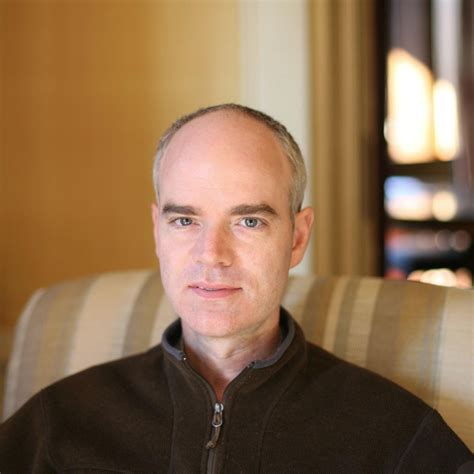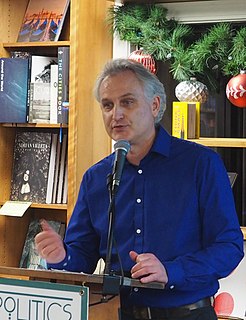A Quote by John Hodgman
I have a lot of cultural references that have amassed in my brain like shrapnel over the years that are meaningful to me.
Quote Topics
Related Quotes
On a certain level, the film retains a cultural memory. It may be meaningless to some kids, but it doesn't matter. A lot of the '90s references will be meaningless, but do some of these kids really understand what they're wearing when they wear a Led Zeppelin shirt? No. But, it looks cool and it seems to have some sort of cultural cache.
Cultural conditioning is like bad software. Over and over it's diddled with and re-written so that it can just run on the next attempt. But there is cultural hardware, and it's that cultural hardware, otherwise known as authentic being, that we are propelled toward by the example of the shaman and the techniques of the shaman. ... Shamanism therefore is a call to authenticity.
Cultural diversity and cultural change are desirable and inevitable. We are cultural animals, someone without a culture is not human. But the cultures we possess vary enormously. Indeed, the variability, over time and space is the great evolutionary advantage of humanity. Instead of changing biologically over millennia, human beings can change culturally over decades
Although humans have existed on this planet for perhaps 2 million years, the rapid climb to modern civilization within the last 200 years was possible due to the fact that the growth of scientific knowledge is exponential; that is, its rate of expansion is proportional to how much is already known. The more we know, the faster we can know more. For example, we have amassed more knowledge since World War II than all the knowledge amassed in our 2-million-year evolution on this planet. In fact, the amount of knowledge that our scientists gain doubles approximately every 10 to 20 years.
We live in the Age of the Higher Brain, the cerebral cortex that has grown enormously over the last few millennia, overshadowing the ancient, instinctive lower brain. The cortex is often called the new brain, yet the old brain held sway in humans for millions of years, as it does today in most living things. The old brain can't conjure up ideas or read. But it does possess the power to feel and, above all, to be. It was the old brain that caused our forebears to sense the closeness of a mysterious presence everywhere in Nature.
London always reminds me of a brain. It is similarly convoluted and circuitous. A lot of cities, especially American ones like New York and Chicago, are laid out in straight lines. Like the circuits on computer chips, there are a lot of right angles in cities like this. But London is a glorious mess. It evolved from a score or so of distinct villages, that merged and meshed as their boundaries enlarged. As a result, London is a labyrinth, full of turnings and twistings just like a brain.
What I want to do is make films that astonish people, that astound people, and I hope you want to do that too. It's easy to make money. It's easy to make films like everybody else. But to make films that explode like grenades in people's heads and leave shrapnel for the rest of their lives is a very important thing. That's what the great filmmakers did for me. I've got images from Fellini, from Bergman, from Kurowsawa, from Bunuel, all stuck in my brain.


































